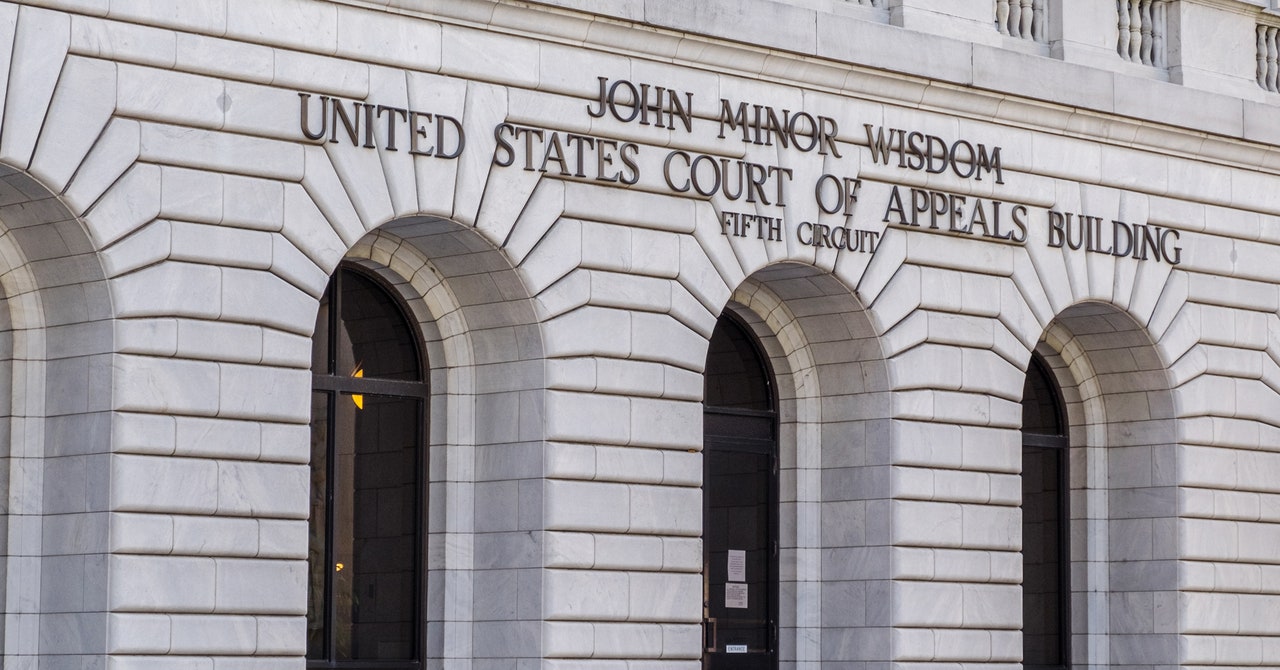Hello everyone. Pleased to hear from Joe Biden that the pandemic is over. But who is going to tell the coronavirus?
The clear view
The linguist George Lakoff is known for his theory of ‘framing’ in political speeches. The words people use to describe a problem can end a debate even before the speech begins. “Framing is about getting language that fits your worldview,” he once explained. “The ideas are primary and the language carries those ideas, evokes those ideas.”
I thought of Lakoff when I read the ruling of the United States Court of Appeals for the Fifth Circuit regarding House Bill 20 of the Texas Legislature, signed by Governor Greg Abbott last year. The law restricts how technology platforms can moderate speech, essentially prohibiting companies like Meta, Google and Twitter from removing or de-ranking content based on the position it expresses. Two industry associations, NetChoice and the Computer & Communications Industry Association (CCIA), have challenged the law because they had similar legislation in Florida. Many complicated professions and challenges followed. In Florida, courts blocked the law and the state government is appealing to the Supreme Court. But after a Texas court of appeals decision halted the law, a higher court, the U.S. Fifth Circuit, intervened, saying it was constitutional and enforceable. Then the Supreme Court intervened. It prevented the law from going into effect and asked the Fifth Circuit to reconsider its earlier decision.
The Fifth Circuit did not flinch. Judge Andrew Oldham, writing to a two-to-one majority last week, a Trump appointee whose previous position was general counsel to Texas Governor Greg Abbott, produced a ruling that reads more like an Infowars message than one with reasoned decision. At the top, he drives a disdainful stake into the ground: “Today,” he writes, “we reject the idea that corporations have a free-spirited First Amendment right to censor what people say.”
Okay, set aside the judge’s belief that a “freewheeling” use of a fundamental right is something distasteful. (Isn’t that what rights are for?) The key word here is ‘censorship’. It’s the frame from hell. “Censorship” is the term Republican lawmakers and pundits often use to describe ordinary content moderation — the act of a company choosing what kind of speech it wants users to see on its platform. Using that word is a political tactic, designed to incite platforms to allow speech that violates their policies — things like misinformation about Covid, hate speech, and election denial — which are more likely to come from the right than the left. come. Indeed, HB 20’s text adopts that terminology, saying that “a social media platform should not censor a user”. But this framing is fake. Censorship is something that governments do, not private parties monitoring their own websites. “It’s Orwellian for the government to say that the exercise of editorial discretion by private companies is censorship,” said CCIA president Matt Schruers.
Nevertheless, Oldham sticks to the term as if it were the only way to describe how private platforms determine how civility and security are maintained. The words “censorship” or “censorship” appear 143 times in his pronunciation. “The platforms are not newspapers,” he writes. “Their censorship is not speech.” Meanwhile, Oldham is fine with the government telling a private company what speech it can or cannot make — which is a lot like, you know, censorship. The kind that the First Amendment forbids. The Fifth Circuit ruling means the law will go into effect on October 7, unless further legal rulings put the law on hold.

